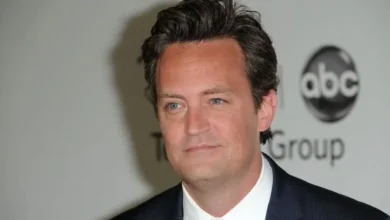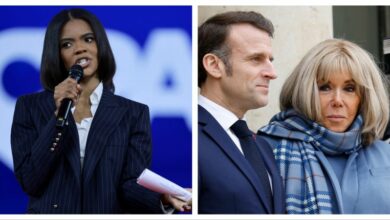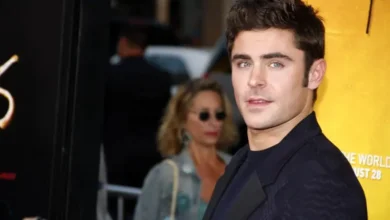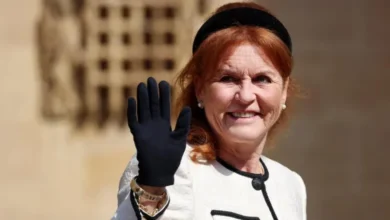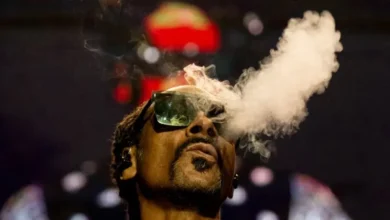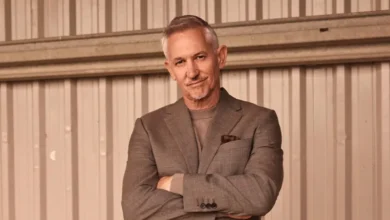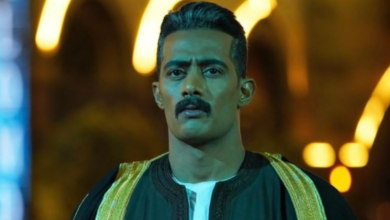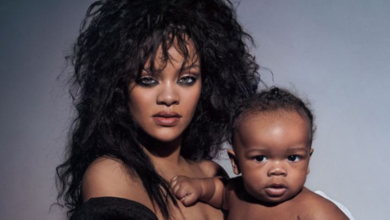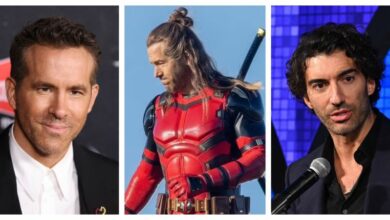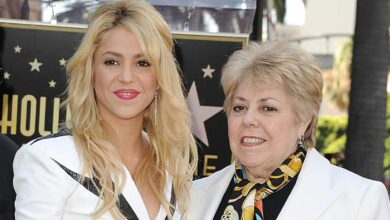Canadian PM’s office and border services not ‘involved’ in Kneecap ban
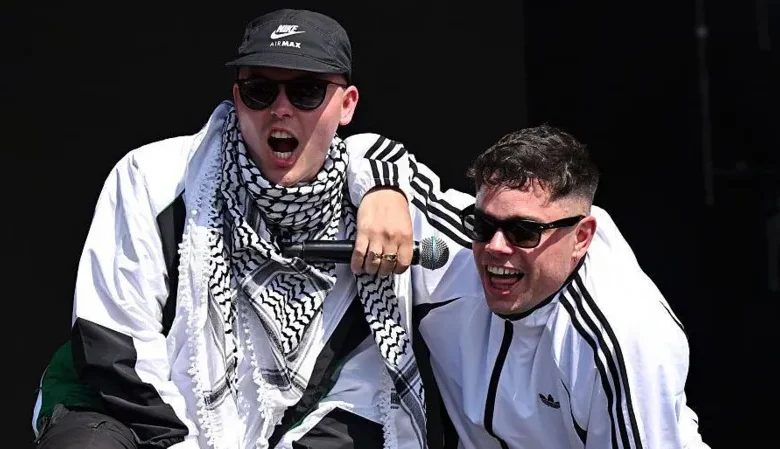
The Canadian Prime Minister’s Office and the Canada Border Services Agency (CBSA) have said they were not involved in an announcement banning Irish language band Kneecap from entering the country.
In September, a Canadian MP announced the ban “on behalf” of the government, citing terror offence charges brought against one member of the group.
However, in a response tabled in the Canadian House of Commons about the handling of the case, federal officials said they were not consulted regarding the announcement.
Kneecap member Liam Óg Ó hAnnaidh has since had a terrorism case thrown out following a technical error in the way the charge against him was brought.
Why was it announced that Kneecap were banned from entering Canada?
Announcing the ban on 19 September, Canadian Liberal MP and Parliamentary Secretary for Combating Crime Vince Gasparro cited terror offence charges brought against Liam Óg Ó hAnnaidh, in the UK in May.
It was alleged that Óg Ó hAnnaidh had displayed a flag in support of the Lebanese militant group Hezbollah – which the UK considers a terrorist organisation – at a London gig last year.
But the 28-year-old’s case was thrown out on 26 September, following a technical error in the way the charge against him was brought.

Gasparro said in a video on X the group had “amplified political violence and publicly displayed support for terrorist organisations such as Hezbollah and Hamas”.
He said: “These are not expressions of art or legitimate political critique.
“They are dangerous endorsements of violence and hate.”
He said that “on behalf of the government of Canada I am announcing that on the advice of our officials, we have deemed the group Kneecap ineligible to enter our country.”
The group responded to Gasparro in a post on X, writing that his statements are “wholly untrue and deeply malicious”.
“We have today instructed our lawyers to initiate legal action against you,” the group said at the time.
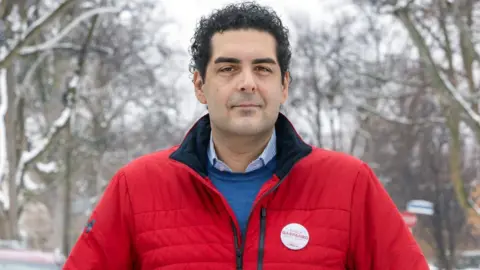
On Monday, in new documents tabled in response to a query from the New Democratic Party MP Jennny Kwan, the Prime Minister’s Office said they were “not involved in the decision” for Gasparo to make the announcement.
The CSBA also confirmed that it was not “implicated in the authorisation of the announcement”, nor did it “provide advice” or was it “consulted” on the announcement.
Are Kneecap currently allowed to enter Canada?
In short, no, the band are not currently allowed to enter Canada, although it does not appear to be for the reasons cited by Gasparro in September.
In response to a query, the Department of Citizenship and Immigration said there were compliance issues surrounding Ó hAnnaidh’s application.
Immigration, Refugees and Citizenship Canada (IRCC) said that in August 2025, Ó hAnnaidh’s “electronic travel authorization was cancelled for inadmissibility for omitting to disclose complete and accurate information on his application”.
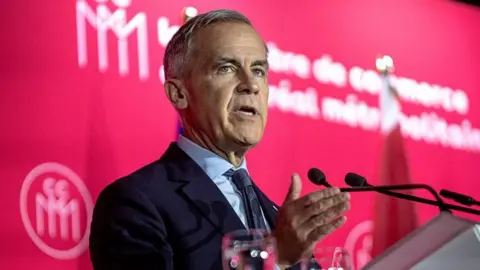
“The applicant was notified of the reasons for this decision. He remains eligible to submit a new application, which will be assessed on its own merits,” the IRCC added.
“Inadmissibility for non-compliance generally ends once a client is no longer in a state of non-compliance.”
Applications for Kneecap’s other members, Naoise Ó Cairealláin and JJ Ó Dochartaigh, are “currently under review”.
“In September 2025, they were informed not to travel to Canada until receiving further communication from Immigration, Refugees and Citizenship Canada.”
Kneecap have been approached for comment.
Who are Kneecap?
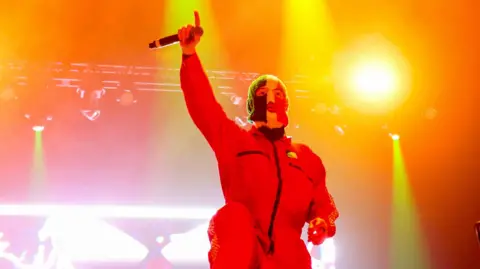
Kneecap are an Irish-speaking rap trio who have courted controversy with their provocative lyrics and merchandise.
The group was formed in 2017 by three musicians who go by the stage names of Mo Chara, Móglaí Bap and DJ Próvaí.
Their rise to fame inspired a semi-fictionalised film starring Oscar-nominated actor Michael Fassbender.
The film won a British Academy of Film Award (Bafta) in February 2025.
In April, the group faced criticism after displaying messages about the war in Gaza during their set at US music festival Coachella.
In November 2024, the group won its case against the UK government over a decision Kemi Badenoch took when she was a minister to withdraw an arts grant.
